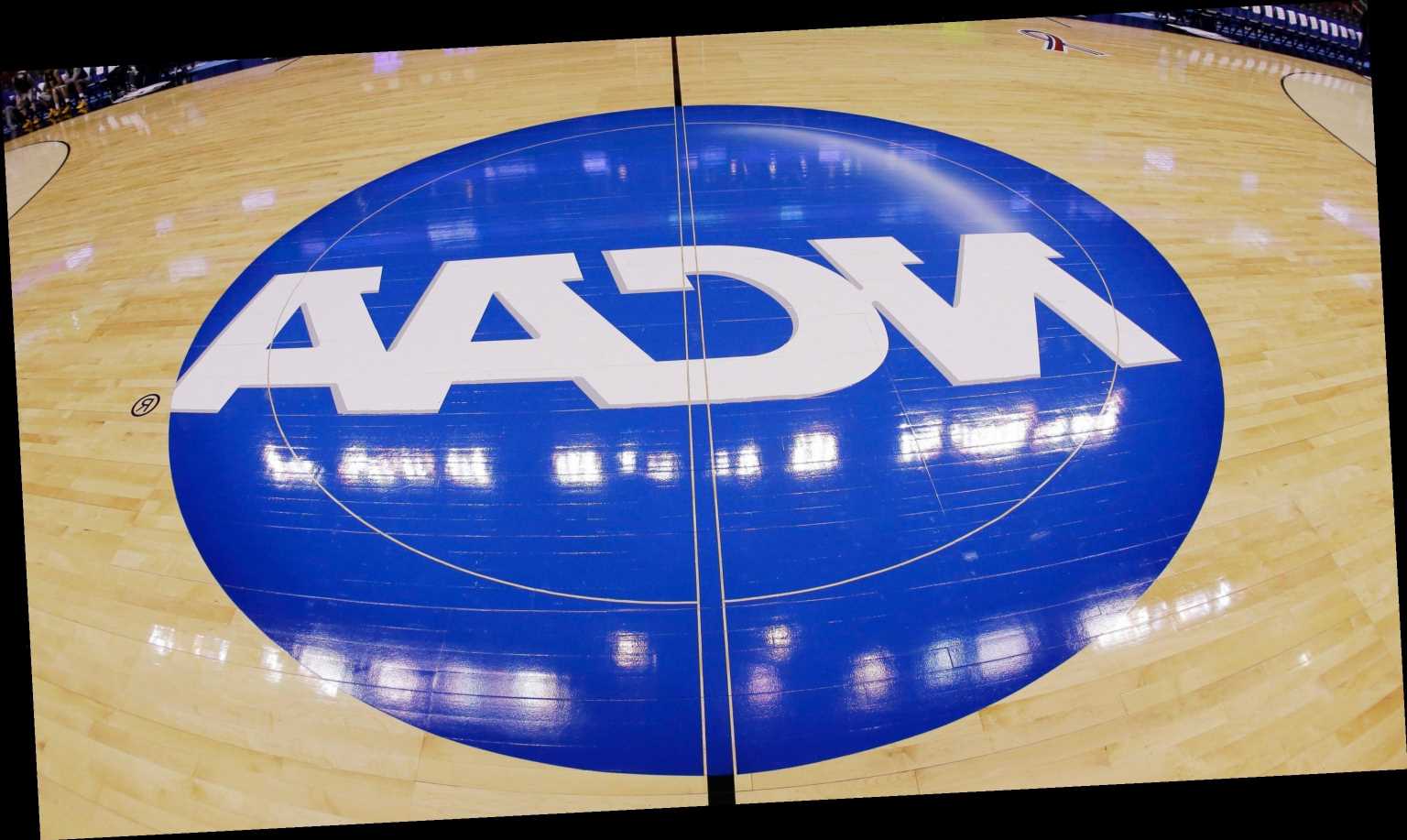A federal magistrate judge on Monday awarded lawyers representing the plaintiffs in a lawsuit challenging the NCAA’s athlete-compensation limits $33.2 million in attorney’s fees and costs.
The case is on appeal to the 9th U.S. Circuit Court of Appeals, but if the award stands, it means the NCAA will have had to pay a total of more than $75 million to plaintiffs’ lawyers in connection with two antitrust cases that have been a major part of the college sports landscape over the past 10 years.
The NCAA and various conference co-defendants have combined to spend millions more defending the cases, although some of those costs have been offset by insurance.
Monday’s decision follows U.S. District Judge Claudia Wilken’s ruling last March in the case filed on behalf of former West Virginia football player Shawne Alston. Wilken, who also oversaw the Ed O’Bannon antitrust case, again found that the NCAA's limits on athlete compensation "unreasonably restrain trade."
Her remedy in the Alston case did not eliminate the NCAA’s limits, as the plaintiffs had hoped, saying the association "may continue … to limit compensation and benefits that are unrelated to education."
However, she did say the NCAA cannot “limit compensation or benefits related to education” for athletes playing Division I men’s or women’s basketball or Bowl Subdivision football.
She ruled these athletes may receive scholarships to complete undergraduate or graduate degrees at any school. She also appeared to open the possibility of athletes being able to receive cash or cash-equivalent awards based on academics or graduation, albeit under some constraints.
In a preliminary ruling two weeks ago on the plaintiffs’ bid for costs and fees, U.S. Magistrate Judge Nathanael Cousins wrote that plaintiffs “achieved a historic outcome resulting in the college athletes’ opportunity to each receive tens of thousands of dollars in benefits and awards each year.”
The plaintiffs' lawyers had been seeking more than $49 million in fees and costs, and the NCAA had asked Cousins to award less than $31 million. The plaintiffs' desired amount included a multiplier of their actual legal fees that antitrust plaintiffs' lawyers can seek, based in part on the benefit obtained for the plaintiffs and the complexity of the case. The NCAA had argued for a negative multiplier.
Cousins determined that while the plaintiffs prevailed, "their success was only partial in terms of the injunction sought. That both parties appealed … indicates that neither wholly succeeded on their claims."
If Wilken's ruling is overturned on appeal, Monday's fees and costs award could be wiped out, as well. If it is upheld or broadened, the plaintiffs' lawyers could be awarded additional fees and costs.
"We think Judge Cousins did a very good job reviewing the award and entered an appropriate amount," said Jeffrey Kessler, one of the plaintiffs' lead attorney said.
The NCAA did not have any comment.
Source: Read Full Article
